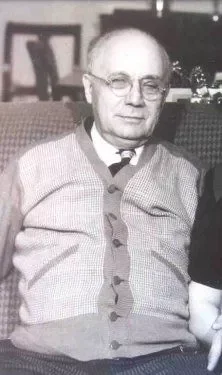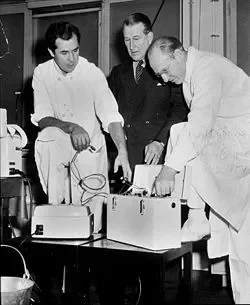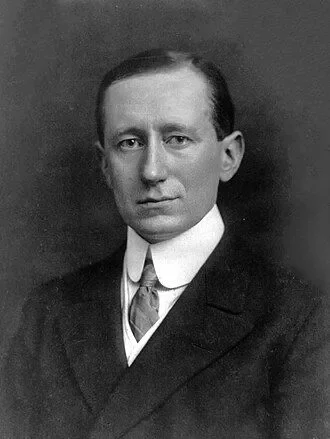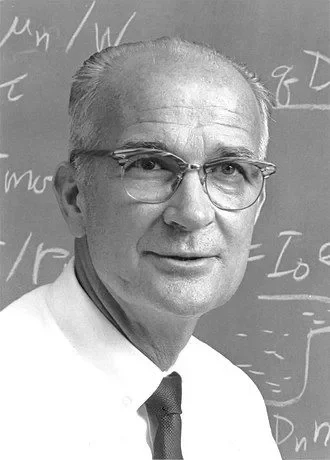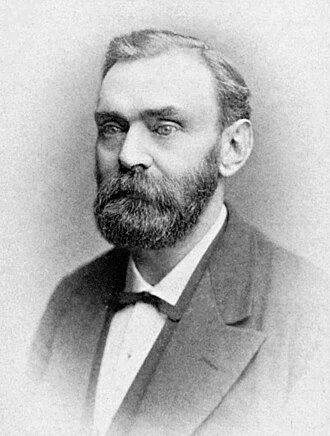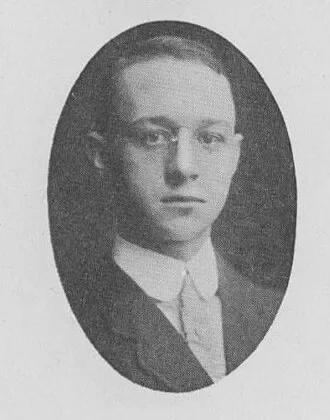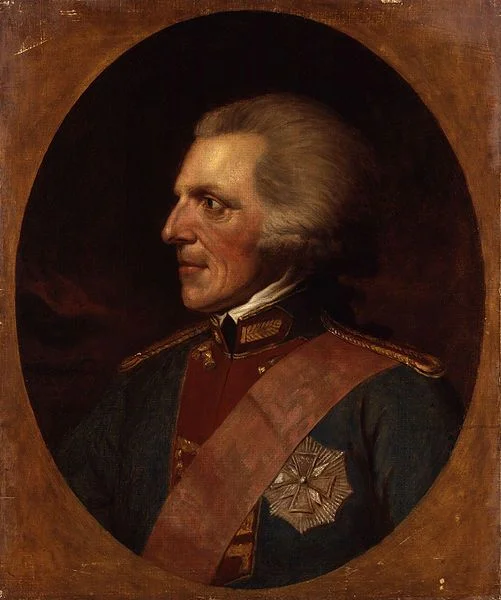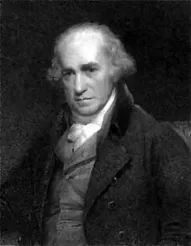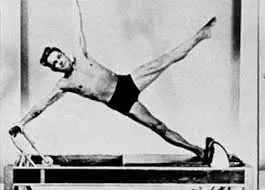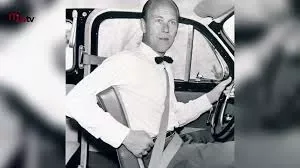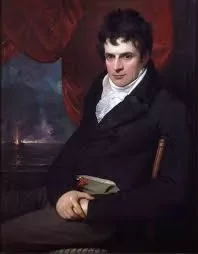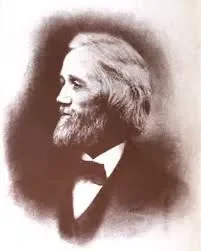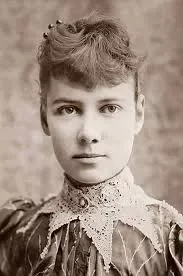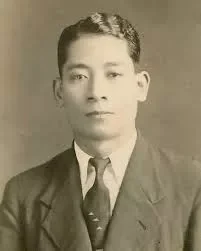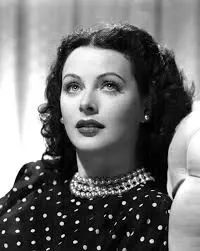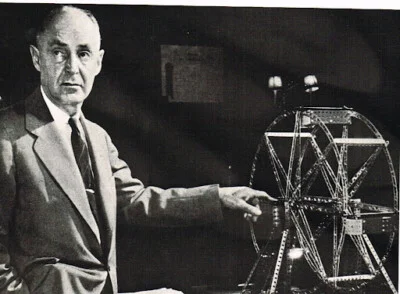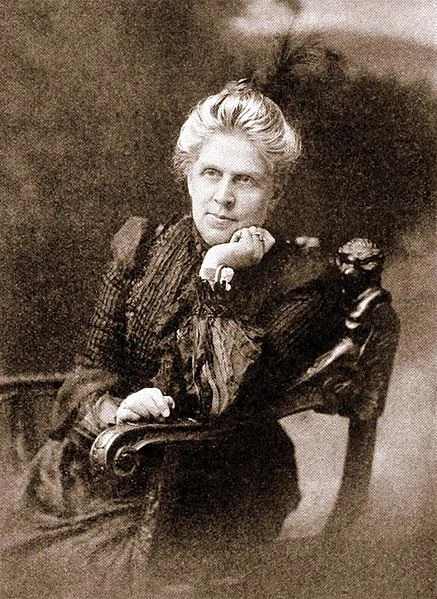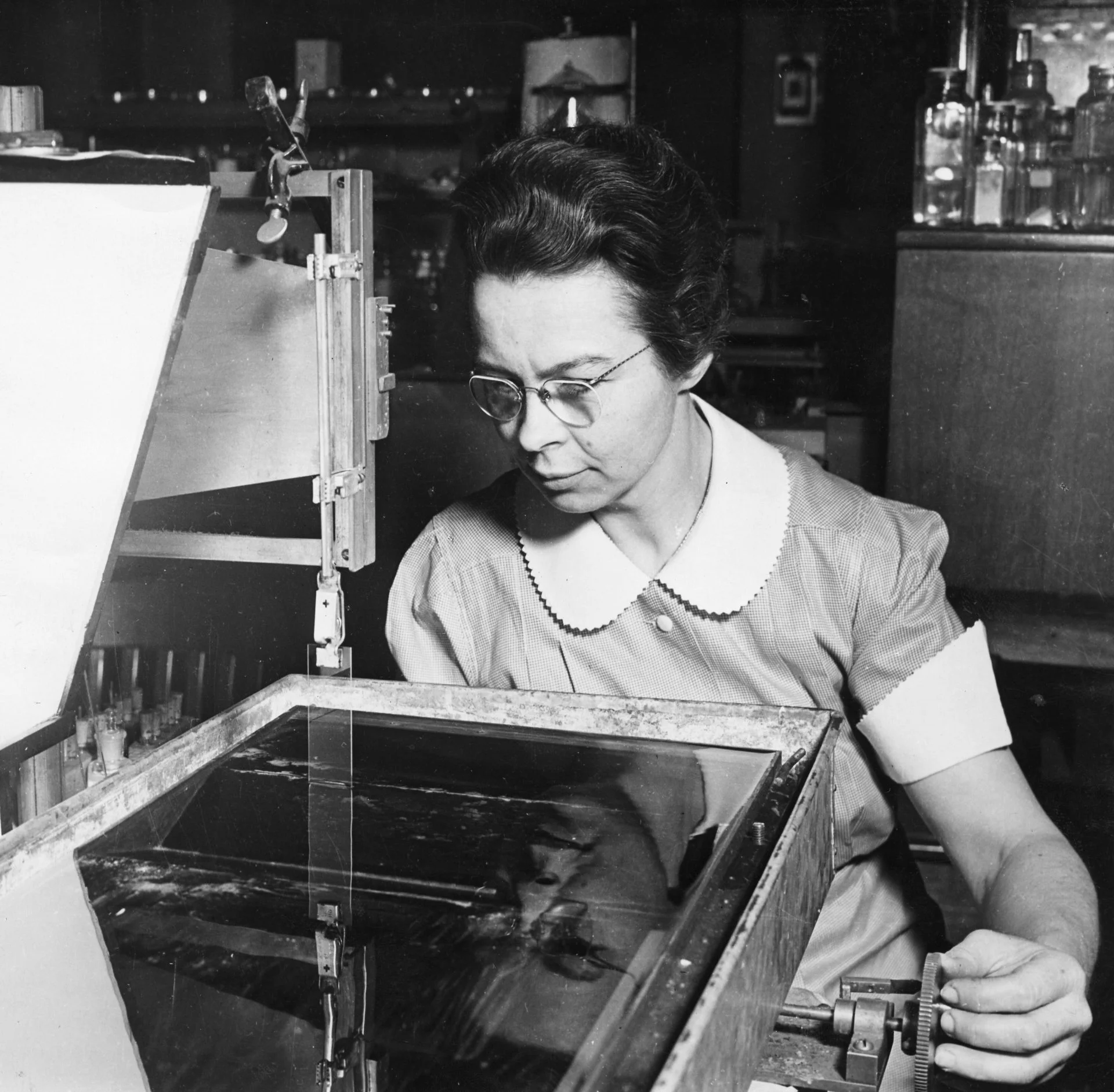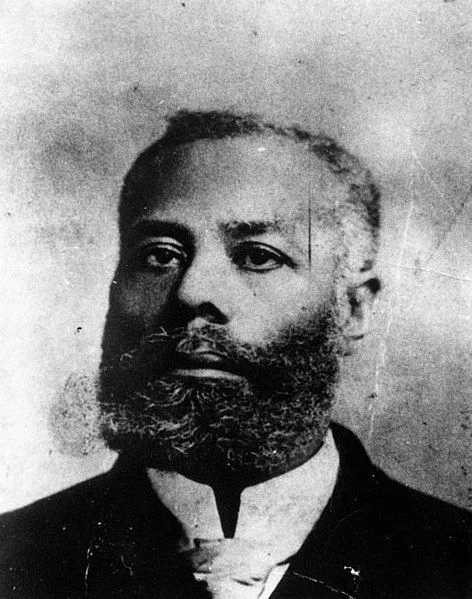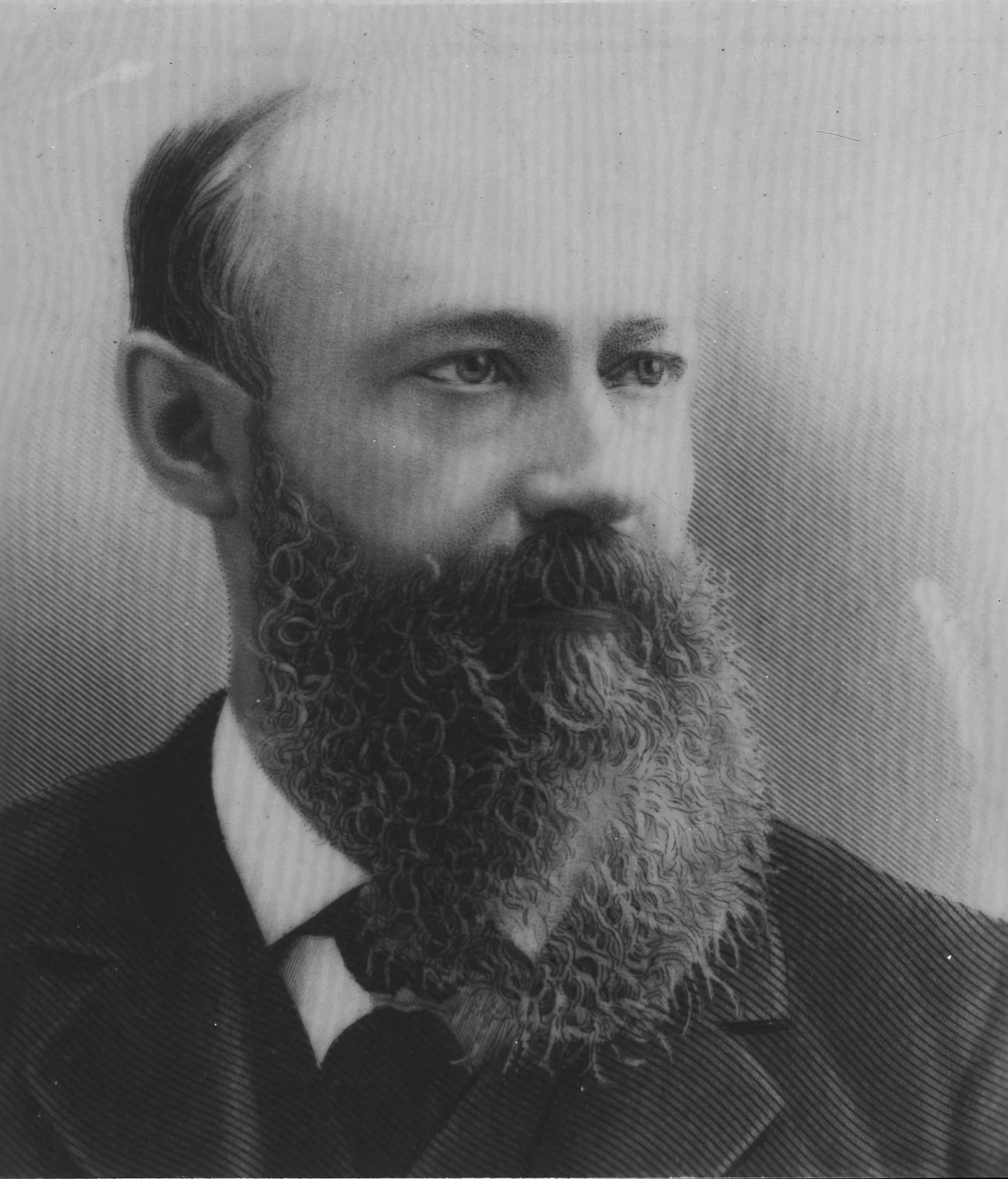Real Celebrities Never Die!
OR
Search For Past Celebrities Whose Birthday You Share
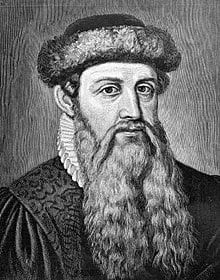
source:https://www.thoughtco.com
Johannes Gutenberg
Birthday:
24 Jun, 1400
Date of Death:
03 Feb, 1468
Cause of death:
Unknown
Nationality:
German
Famous As:
Craftsman
Age at the time of death:
67
Johannes Gutenberg's Quote's
Introduction to Johannes Gutenberg
Johannes Gensfleisch zur Laden zum Gutenberg aka Johannes Gutenberg was a revolutionary German inventor and craftsman who invented letterpress printing and the mechanical movable-type printing press which played a crucial role in the development of the Renaissance and Reformation.
Early Life and Background
Johannes Gutenberg was born in Mainz, Germany between the 14th and 15th centuries. His birth year is unknown but estimated at around 1393 to 1406. An “official birthday” of June 24, 1400, was later chosen symbolically. Gutenberg’s full name ‘Johannes Gensfleisch zur Laden zum Gutenberg’ is taken from the family residences in Mainz. He was the youngest son to his father Friele Gensfleisch Zur Laden, a patrician and a merchant involved in the cloth trade. Later, his father married Else Wyrich, who was not of the patrician lineage, which might have muddled Gutenberg’s future, as he could not follow his father at the mint due to his mother’s position. In 1411, due to the conflict in Mainz, Friele and his family had to flee the city and stay near Eltville. Later the family returned but could not stay due to the ongoing hunger riots and instability.
Education and Early Interests
There is little to no documentation on Gutenberg’s childhood, but as the son of a patrician, he might have received education in reading and arithmetic, as well as knowledge of Latin. It is also speculated that he pursued a religious career, which was common for the youngest children in the family. Gutenberg is assumed to have studied at the University of Erfurt in 1418. Until 1434, there is no information on Gutenberg’s life. A letter later indicates that he was living with his relatives on his mother’s side, where he was a goldsmith member in the 1430s. Around 1439, he ventured into making polished mirrors used for pilgrims but faced financial challenges due to a flood. In 1440, he is said to have mastered the art of printing, although the details are unclear.
The Invention of the Printing Press
Johannes Gutenberg returned to Mainz where he borrowed money from his brother-in-law to invent the printing press. By 1450, Gutenberg made the most significant achievement in his life and introduced the press, marking a significant milestone in printing. He started printing various texts, including the first printed German poem. He convinced Johann Fust, a money lender, to lend him 800 guilders. In 1452, Gutenberg set up his workshop at Humbrechthof and started working on his long-term project of printing the Bible. It was speculated that there were two presses: one for the Bible and one for pedestrian texts. In 1455, he completed the 42-line Bible, which became known as the Gutenberg Bible.
Challenges and Setbacks
Unfortunately, in 1456, a discord arose between Gutenberg and Fust, leading to a court case. Fust accused Gutenberg of mishandling funds, which resulted in Fust gaining control over the workshop. This left Gutenberg effectively bankrupt. Despite the setback, Gutenberg continued printing in Bamberg. The printing of the Catholicon dictionary is also attributed to Gutenberg’s workshop. However, the absence of his name on the prints makes it challenging to credit these works to him. In 1465, Archbishop von Nassau granted him the title Hofmann and provided a stipend and court outfit.
Death and Legacy
Gutenberg died on February 3, 1468, in Mainz, Holy Roman Empire. It is likely that he was buried in the Franciscan church at Mainz. His invention revolutionized the making of books and enabled mass printing, helping to spread knowledge. His contributions have had a lasting impact on printing and the field of history.
Name:
Johannes Gutenberg
Popular Name:
Johannes Gutenberg
Gender:
Male
Cause of Death:
Unknown
Spouse:
Place of Birth:
Mainz, Holy Roman Empire (modern-day Germany)
Place of Death:
Mainz, Holy Roman Empire (modern-day Germany)
Occupation / Profession:
Personality Type
Mediator: Poetic, kind and altruistic people, always eager to help a good cause. He consistently supports the goodness in people.
After the passing away of his father, Gutenberg went off the radar for 15 years, making most of his life a mystery.
Gutenberg lived a secretive life from keeping his love life secret to not printing his name on books.
There is no proof that Gutenberg was married.
Introduced movable type to Europe
Invented the printing press

